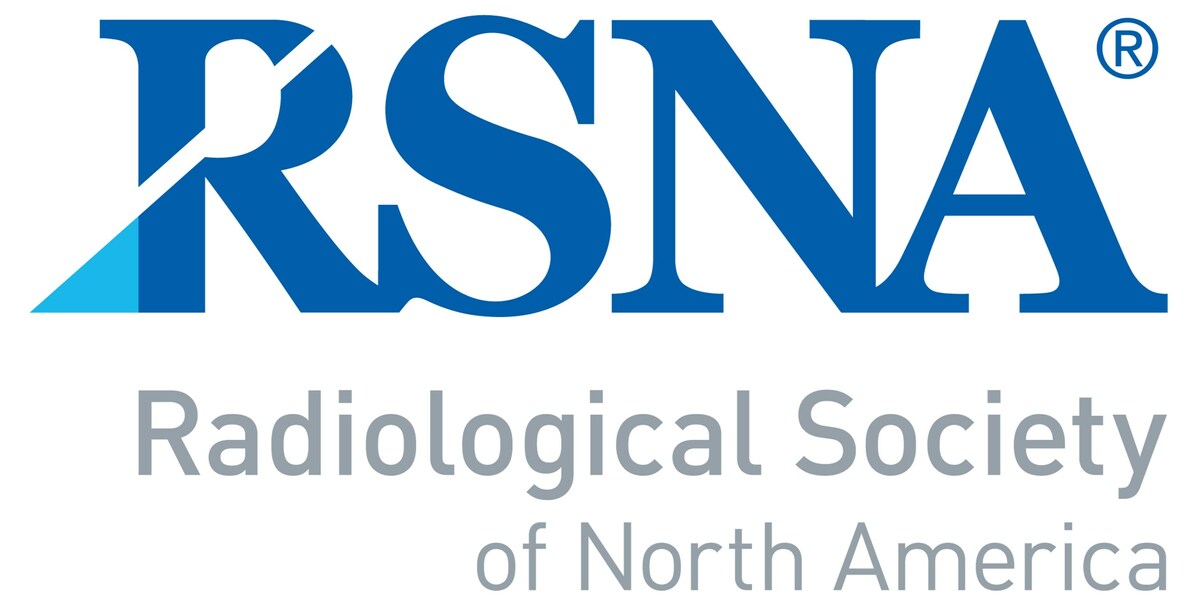At the annual meeting of the Radiological Society of North America (RSNA), research was presented on a deep learning AI model that utilized mammogram image biomarkers to predict ductal carcinoma in situ (DCIS) and invasive carcinoma accurately. This model demonstrated no bias across various races.
Traditionally, breast cancer risk assessment relied on patient questionnaires to calculate the risk of developing breast cancer based on medical and reproductive history. However, these traditional models have limitations in evaluating individual risks accurately.
One significant issue with traditional risk models is their poor performance across different racial groups, likely due to biases in the data used for their development. Many existing models were predominantly based on European Caucasian populations.
Black women, according to the American Cancer Society, exhibit the lowest 5-year relative survival rate for breast cancer compared to other racial and ethnic groups. This results in a persistent disparity in survival rates between Black and white women.
To address these disparities and improve early detection and survival rates, it is crucial to develop risk assessment models that are effective across diverse populations. A deep learning AI model based on mammographic images alone has shown promise in outperforming traditional risk assessment models while mitigating racial biases.
In a groundbreaking study, researchers evaluated the performance of an image-based deep learning risk assessment model in predicting future invasive breast cancer and DCIS across different races. The model’s performance was measured using the area under the receiver operating characteristic curve (AUC), showing superior predictive capabilities compared to traditional models.
The study encompassed 129,340 routine screening mammograms in 71,479 women over a nine-year period, with diverse racial representation. The deep learning model consistently outperformed traditional models in predicting both DCIS and invasive breast cancer risks.
By leveraging subtle imaging biomarkers not visible to the naked eye, the deep learning model achieved a predictive rate of 0.71 for both DCIS and invasive cancer across all races. Importantly, the model demonstrated improved performance in non-white patients compared to white patients.
The potential of AI in reducing racial disparities in risk assessment is highlighted by the study authors, emphasizing the opportunity to enhance clinical care through more accurate and equitable risk assessment methods.
This advancement underscores the importance of applying AI technology for positive outcomes and addressing healthcare disparities.






